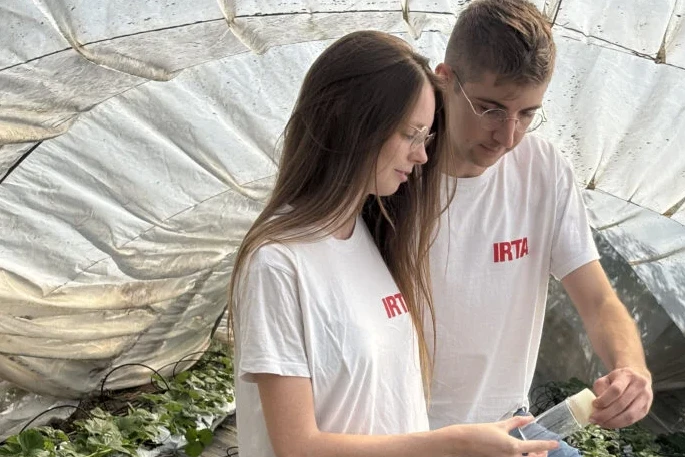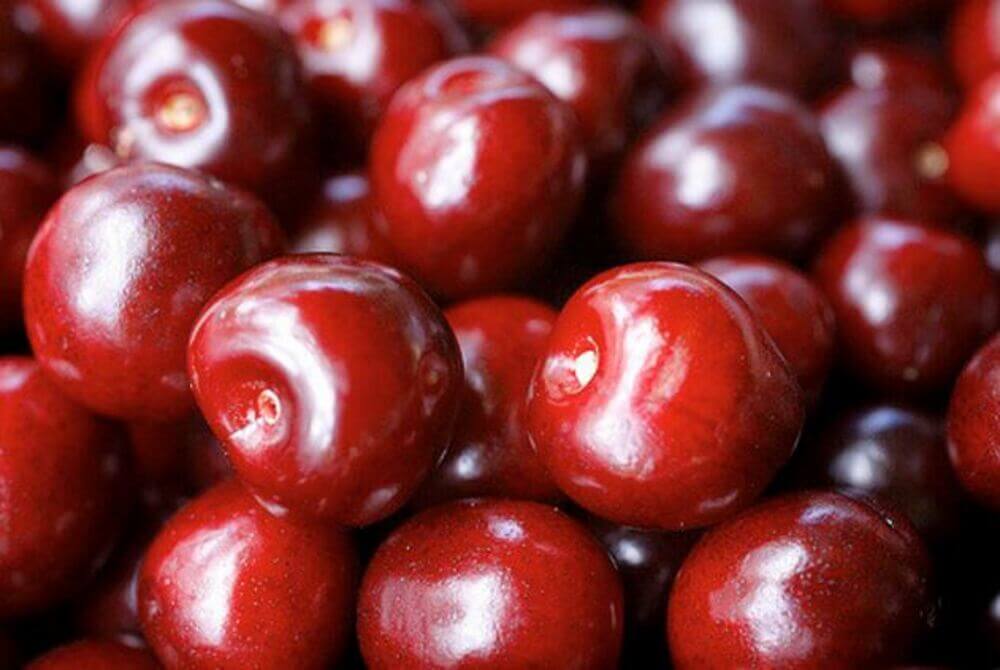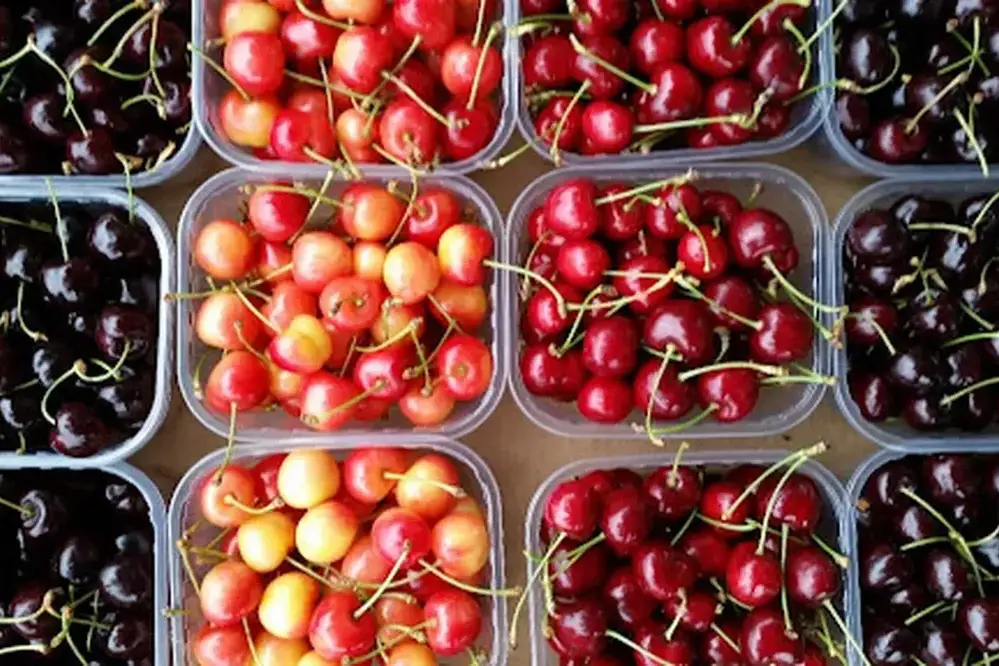A new phase begins in Catalonia in the fight against Drosophila suzukii, the feared Asian fruit fly that targets cherries and berries. After years of research, the first controlled release of the parasitoid Ganaspis kimorum has taken place in agricultural fields, paving the way for an innovative and sustainable biological control strategy.

A relentless threat
Drosophila suzukii, native to Asia and first detected in Europe in 2008, is one of the most serious threats to European fruit growing. Unlike other fruit flies, this insect can pierce healthy, ripe fruit to lay its eggs, thereby irreversibly damaging the commercial quality of the crop.
In 2025, due to high humidity and frequent rainfall, Drosophila pressure increased significantly: 43% of strawberry crops and 12% of cherry crops in Catalonia experienced significant damage, according to data from the Department of Agriculture.
A sustainable response: Ganaspis kimorum arrives
To address a situation that traditional insecticides can no longer contain, the Catalan government has launched a classical biological control strategy. Under the coordination of IRTA (Institute of Agrifood Research and Technology) and Universitat Jaume I, and with authorization from the Ministry of Agriculture and DARPA, the first individuals of Ganaspis kimorum, a parasitoid wasp highly specific to D. suzukii, were released.
The first releases took place in Sant Pol de Mar, in selected strawberry and cherry plots characterized by low chemical pressure. The aim is to support the stable establishment of the parasitoid as part of the beneficial fauna, contributing to long-term natural control.
A turning point in integrated pest management
According to Anna Lekunberri, head of the Plant Health Service at the Department, obtaining authorization to introduce an exotic insect was not easy, but “it was a necessary step to ensure better control over pest populations.”
Scientists Jordi Riudavets (IRTA) and Pablo Urbaneja-Bernat (project researcher) highlight the significance of this moment: “This is the first time that a specific larval parasitoid has been introduced in Catalonia to combat D. suzukii. Neither pesticides nor protective nets have proven effective in reducing losses, while studies show that this parasitoid has strong potential for establishment and can help create a more lasting ecological balance.”
Producing fruit more competitively and sustainably
As Riudavets notes, the arrival of Ganaspis kimorum “opens up new prospects for more robust and continuous biological control, reducing dependency on chemical treatments and enhancing the sustainability and competitiveness of berry production.”
This initiative marks a crucial step in the integrated management of fruit crops in Europe. If Ganaspis kimorum successfully establishes itself, it could become a valuable ally for the future of agriculture—more resilient, sustainable, and aligned with the principles of the European Green Deal.
Source: tecnologiahorticola.com
Image source: IRTA
Cherry Times - All rights reserved












